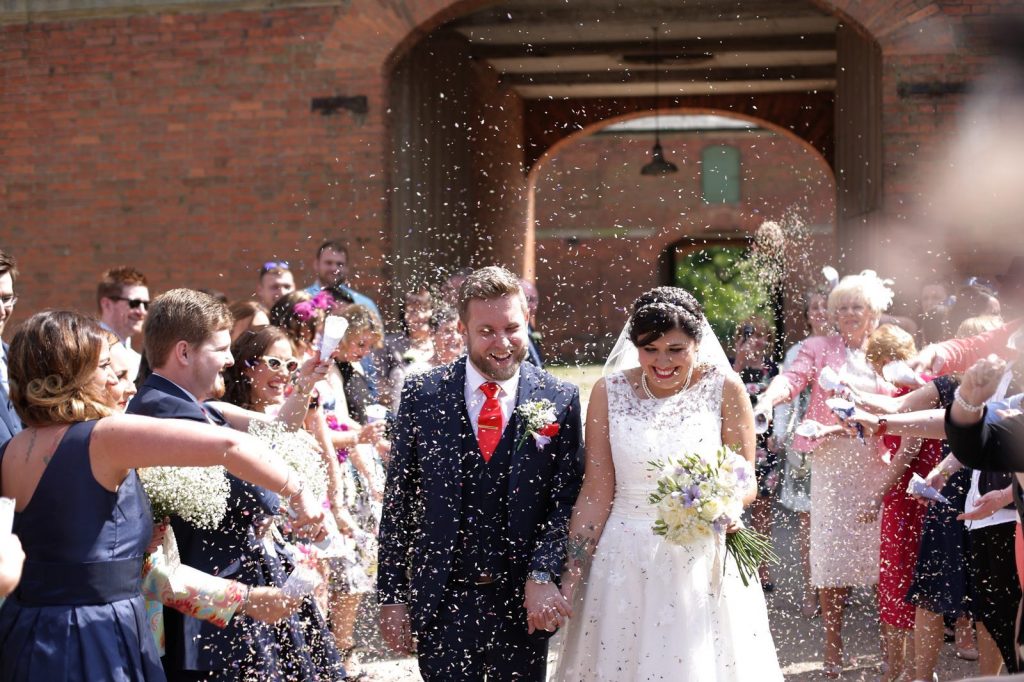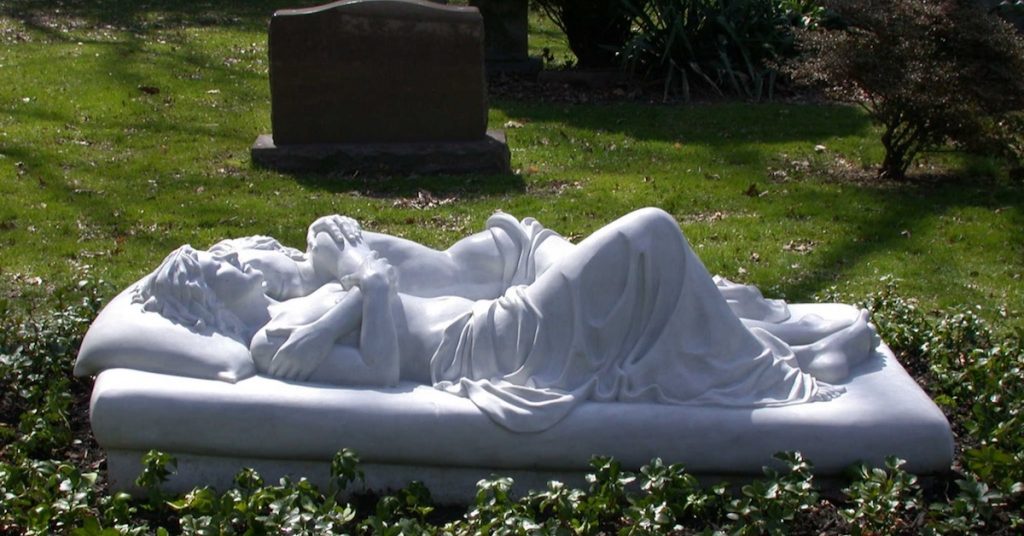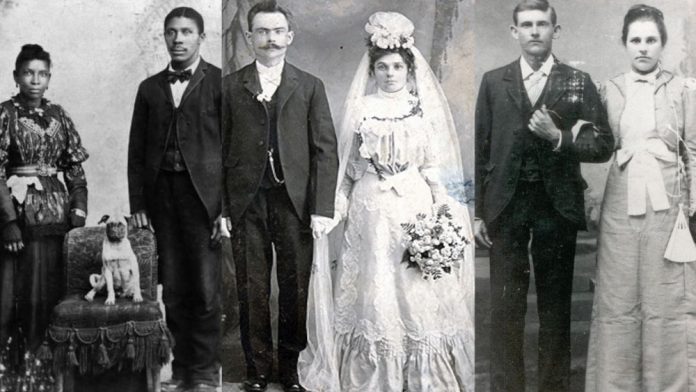Tracing humanity back to its origin would unsurprisingly reveal the sometimes seemingly inevitable occurrence of marriage and copulation among the people. The phrase “till death do us part” has been articulated up until this point, and only recently, the contemporary occupants of the planet earth have begun to speak out against the aforementioned notion in an explicit and unified manner.
Marriage in the past
For as long as history recollects, marriage has been considered the milestone of an individual’s life; the fruition of the tree of our existence if not our family, the sought-after wish of so many mothers, and the subject of numerous novels, movies, music, and so forth. With that being said, what is the reality behind the concept?
Religions, ancient rituals and traditions, bedtime stories, and morality all speak for the unlimited gains, if not necessity, of marriage; however, what you might not know is the fact that in ancient times, death did many couples part indeed, though not in the way that you might think. Diseases, constant battles, long journeys, religious submissions, and traditions were but few of the elements that not only made the life much shorter, but also further realized short-lived marriages in the past. As a matter of fact, according to Beatrice Gottlieb’s research, published in the book The Family in the Western World from the Black Death to the Industrial Age, the bonds were generally less than 20 years in most cases.
Marriage in the contemporary world

The modernization of our world brought with it new insights as well as statistics regarding the institution of marriage. The number of split-ups kept rising to the point where in the year 1985, almost 11 out of every 20 marriages ended in divorce. And interestingly, the length of the majority of marriages has remained still below 20 years. Understanding the ground behind such claims could prove easy:
- increased life expectancy, which allows for more than one trial for bonding
- higher technologies including but not limited to transportation, digital media, the internet, and industries which enable people to do more with less help
- feminism and the ever increasing role of women in all societies which ultimately reduces the dependence of females as a whole
- improved knowledge of the masses about the statistics of marriage as well as divorce
- contraceptive medications and methods
- increased age of marriage
- new social movements
These have all undermined the traditional values of marriage in the modern world.
In this regard, Time magazine in its November 2010 issue claims that in the year 1960 about 70% of American adults were married, while today it stands at about 50%, and also, people with higher education are far more likely to get married than those with a high school degree. (Belinda Luscombe, “Who Needs Marriage? A Changing Institution.”)
“In recent years, the overall rate of divorce has plateaued somewhat, and leaving a spouse is on the decline among college graduates. But that drop is being offset by a rise in splits among those at the lower end of the socioeconomic spectrum.” reports the magazine in this regard.
The rise of same-sex marriage phenomenon
Although the mere thought of marriage and wedding makes a lot of people uncomfortable these days, the same cannot be said about the subscribers of same-sex marriage. Homosexuals all around the world are doing their best to establish a firm pillar for the newly coined term same-sex marriage and bring a new side to the idea.

In one of the websites it was asked “Why do gay men & lesbian women want to get married? “, and one of the responses that really seemed worth citing was from Jeffers who entered the 17th year of his relationship with his partner on that year and claimed that homosexuals would like to get married :
“To express a commitment to another person to family and society. To realize all the automatic legal benefits that come to a straight couple. To have a socially and legally supportive framework for our relationship in times of relational-stress.”
Marriage, in need of an enhanced definition
Contemplating the answer proves that ultimately marriage cannot be defined by traditions, wedding gowns, and the corresponding social manifestations, but rather with the desire for the matters that might prove invaluable for some and wretched for others. Things such as commitment, family and children, a relationship that is bound to withstand hardships and arguments more consistently, to experience love in a much deeper and more responsible manner, and more security are not necessarily meant for everyone. As previously mentioned, marriage provides benefits only after demanding greater responsibility than a bachelor has to deal with, and that is precisely what the majority of fuss is all about.
In the end, we can conclude that marriage is merely a lifestyle and should be treated as such. The facts that between 40% to %50 of all marriages end in divorce, and 4 out 10 Americans think marriage is obsolete (Lauren Frayer, “Poll: 4 in 10 Say Marriage Becoming Obsolete,” Aol News) say little about the validity of marriage, but instead simply imply that it’s clearly not for everyone despite what most societies may think. Thus marriage could be acknowledged as a strong connection and a distinct lifestyle that is suitable for those who are willing to go through all the challenges to receive the immense benefits. In other words, we can find a multitude of reasons not to get married as easily as we can find many reasons to do just that.





